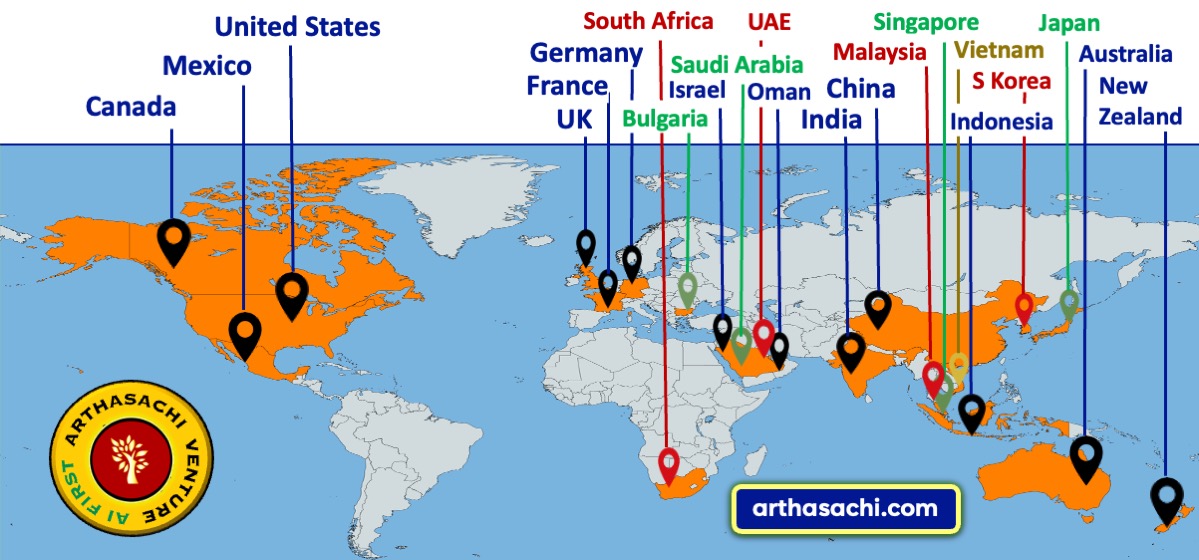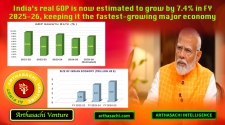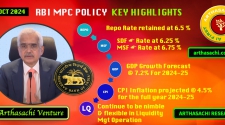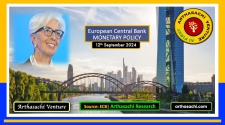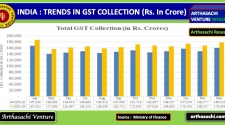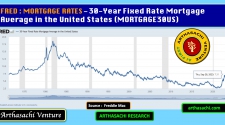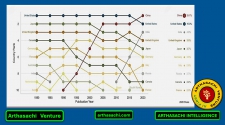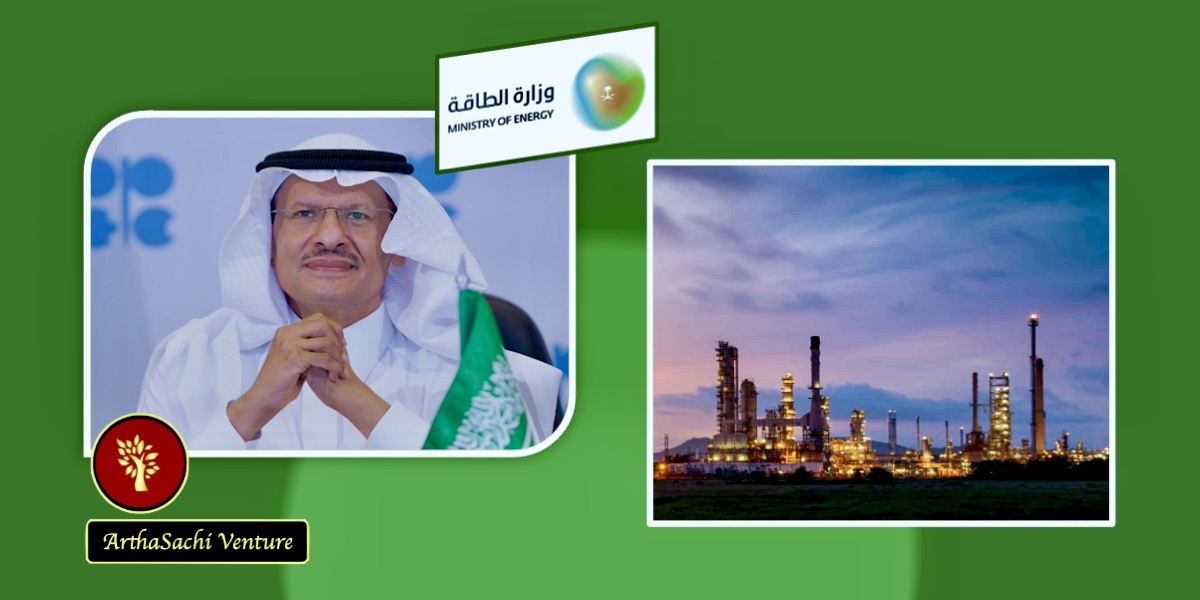
Oil prices edged up after Saudi Arabia says OPEC could cut output
Oil prices rise on Tuesday after Saudi Arabia, Minister of Energy Price Abdulaziz bin Salman indicated that OPEC could cut output to correct a recent drop in oil futures.
KEY TAKEAWAYS
- Price Abdulaziz pointed out that OPEC+ has the commitment, the flexibility, and the means within the existing mechanisms of the Declaration of Cooperation to deal with the challenges including cutting production.
- The Minister pointed out that the paper oil market has fallen into a self-perpetuating vicious circle of very thin liquidity and extreme volatility undermining the market’s essential function of efficient price discovery.
- Iran closer to signing of nuclear deal. Different prospective coming out from the two side; Iran commented on U.S delaying on nuclear deal and U.S side sees good progress on the deal.
- Interest on the nuclear deal is growing as it will open-up additional supply of Oil in the market to cool-off the price.
- Market participants, awaiting U.S supply Industrial data due out on August 23, 2022.
Oil prices rise on Tuesday over supply concerns as Saudi Arabia signalled possible output cuts which impacted the sentiment and putting down pressure on the Oil prices.
International benchmark Brent crude traded at $97.78 per barrel an increase of 1.31% from the closing price in the previous trading session.
![]()
American benchmark West Texas Intermediate (WTI) was trading at $ 91.83 per barrel a gain of 1.47% from the previous session closing price.
The benchmarks are down about 12% and 8% this month respectively.
The oil market has been looking out for direction which is caught in a tussle between supply concerns and weak demand since the last few weeks. The world’s biggest economy U.S entered the recession and within Europe fear of recession is growing.
Market participants, awaiting U.S supply Industrial data due out on August 23, 2022. Last week, U.S crude oil and gasoline stockpiles likely dropped, while inventories edged up.
Europe faces fresh concerns towards disruption to energy supplies coming through Russia, due to damage to a pipeline system bringing oil from Kazakhstan. It is expected to impact the Europe gas supplies in the coming weeks.
Saudi state news agency SPA quoted Saudi Arabia’s Minister of Energy Prince Abdulaziz bin Salman, “volatility and thin liquidity send erroneous signals to markets at times when clarity is most needed.”
Extract of complete Interview
In an interview Prince Abdulaziz pointed out that OPEC+ has the commitment, the flexibility, and the means within the existing mechanisms of the Declaration of Cooperation to deal with such challenges including cutting production at any time and in different forms as has been clearly and repeatedly demonstrated in 2020 and 2021.
Referring to the current state of the oil market, the minister said that the paper oil market has fallen into a self-perpetuating vicious circle of very thin liquidity and extreme volatility undermining the market’s essential function of efficient price discovery and have made the cost of hedging and managing risks for physical users prohibitive.
“This has a negative impact on the smooth and efficient operation of oil markets, energy commodities and other commodities creating new types of risks and insecurities. This vicious circle is amplified by the flow of unsubstantiated stories about demand destruction, recurring news about the return of large volumes of supply, and ambiguity and uncertainty about the potential impacts of price caps, embargoes, and sanctions.”
Reacting to the impact of the current volatility on the functioning of markets, Prince Abdulaziz said that this is detrimental because without sufficient liquidity, markets can’t reflect the realities of the physical fundamentals in a meaningful way and can give a false sense of security at times when spare capacity is severely limited and the risk of severe disruptions remains high. “Nowadays one need not look far for evidence of this.”
The paper and physical markets have become increasingly more disconnected. In a way the market is in a state of schizophrenia, and this is creating a type of a yo-yo market and sending erroneous signals at times when greater visibility and clarity and well-functioning markets are needed more than ever to allow market participants to efficiently hedge and manage the huge risks and uncertainties they face.
Replying to queries about the mechanism of OPEC+ to deal with these challenges, the minister said: “In OPEC+ we have experienced a much more challenging environment in the past and we have emerged stronger and more cohesive than ever. OPEC+ has the commitment, the flexibility, and the means within the existing mechanisms of the Declaration of Cooperation to deal with such challenges and provide guidance including cutting production at any time and in different forms as has been clearly and repeatedly demonstrated in 2020 and 2021.”
“Soon we will start working on a new agreement beyond 2022 which will build on our previous experiences, achievements, and successes. We are determined to make the new agreement more effective than before. Witnessing this recent harmful volatility disturb the basic functions of the market and undermine the stability of oil markets will only strengthen our resolve,” he added.
Top News
Other News
MARKETS
WEALTH
ECONOMICS
START UP
TECHNOLOGY
BUSINESS
Alliances and Partners

Arthasachi Venture Footprints
